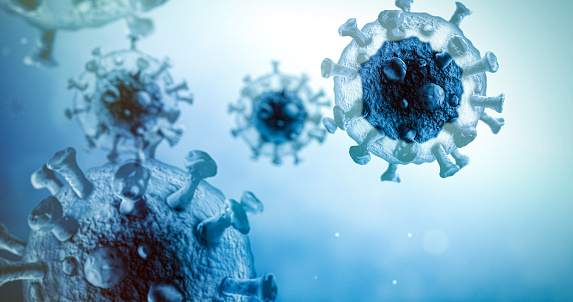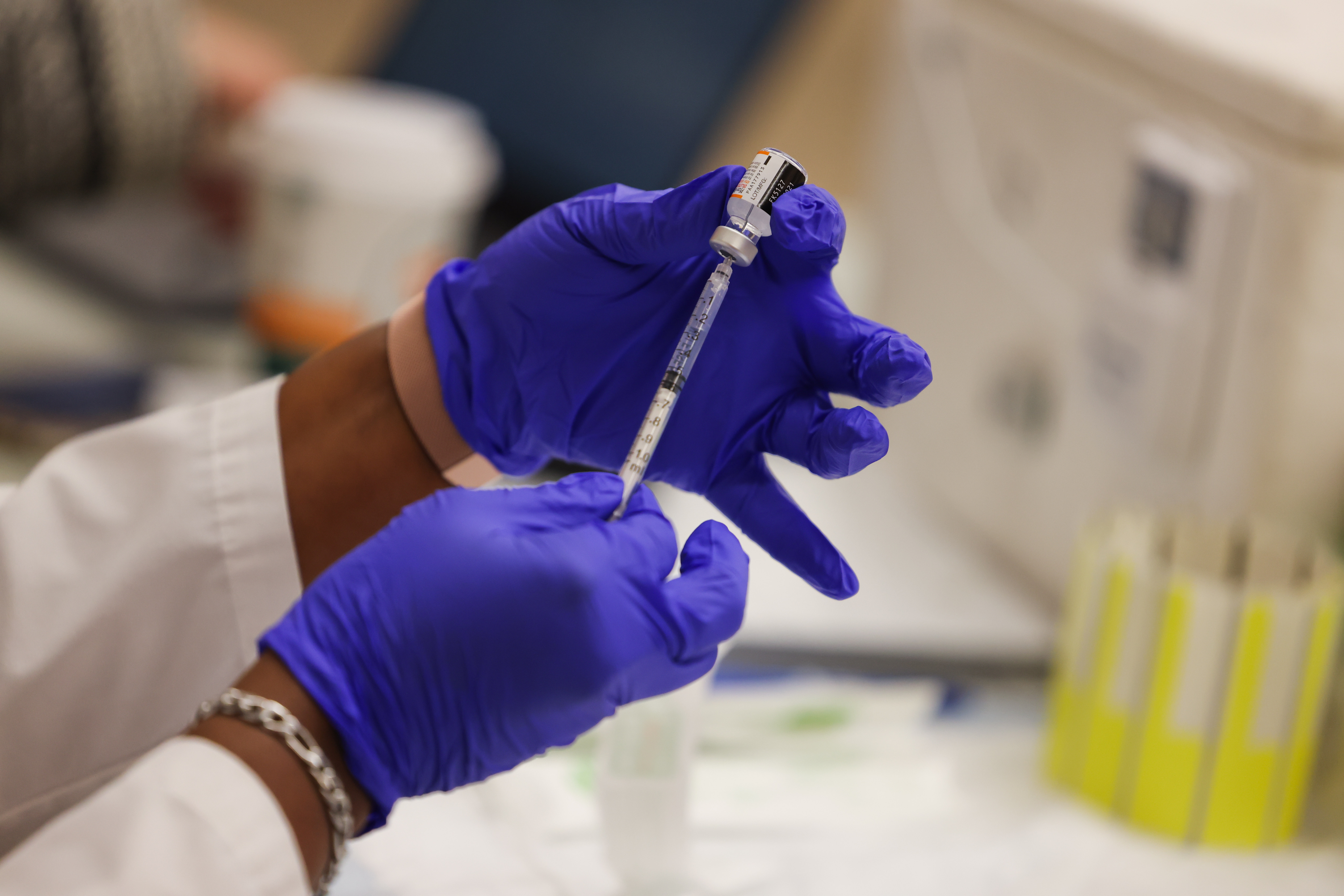Top Boston doctors are sounding the alarm over a likely shortage of COVID-19 vaccines, tests and treatments during the next surge, which could come as early as this fall.
Accessing the three could become more difficult as suppliers shift from government to commercial, experts said. Coupled with a potential increase in COVID cases from colder weather and back-to-school, experts say demand could exceed supply.
Tufts Medical Center's Dr. Shira Doron, Brigham and Women's Hospital's Dr. Daniel Kuritzkes and Boston Medical Center's Dr. Benjamin Linas explained what they think government officials should focus on during NBC10 Boston's latest "COVID Q&A" discussion.
"The focus should be on saving lives, i.e. preventing morbidity and hospitalization, i.e. the highest risk individuals. And so, you know, that means making sure that vaccines are always free and readily available to those who are eligible when they're eligible. That means making sure that tests are always free and readily available. And that sort of seems like it's changing. And I'm very concerned about that," Doron said.
More from COVID Qu0026amp;A
Doron pointed to a history of supply chain issues established throughout the coronavirus pandemic. As recently as January, people waited in long lines for PCR tests and found nothing but empty shelves when looking for at-home testing kits.
"I suspect that could happen again," she said. "And that is a problem because it's rapid access to testing that gives people rapid access to life-saving antiviral and monoclonal antiviral treatment and monoclonal antibodies, and those need to continue to be free and easily accessible. And that's changing."
During the next potential surge, vaccines, tests and treatments for COVID-19 may not be free or readily available, according to experts, which is where they say government officials should be placing their focus.
"As they move from the government space to the commercial space and capitalism comes into play, we may not have access in the same way that we have," Doron said.
"I would go further -- we won't," Linas said. "We've seen this movie in this pandemic. If this goes over entirely to the commercial space, commercial interests are going to take over and we're going to see the same disparity, the same lack of access that we've been struggling with all along."
"I completely agree," Kuritzkes said. "I think that is where government needs to be putting its efforts -- on ensuring that there's adequate and equitable access to testing, ensuring that there continues to be access to treatments and vaccines. That's where government can have the biggest difference. And that's where they need to be placing their efforts."



